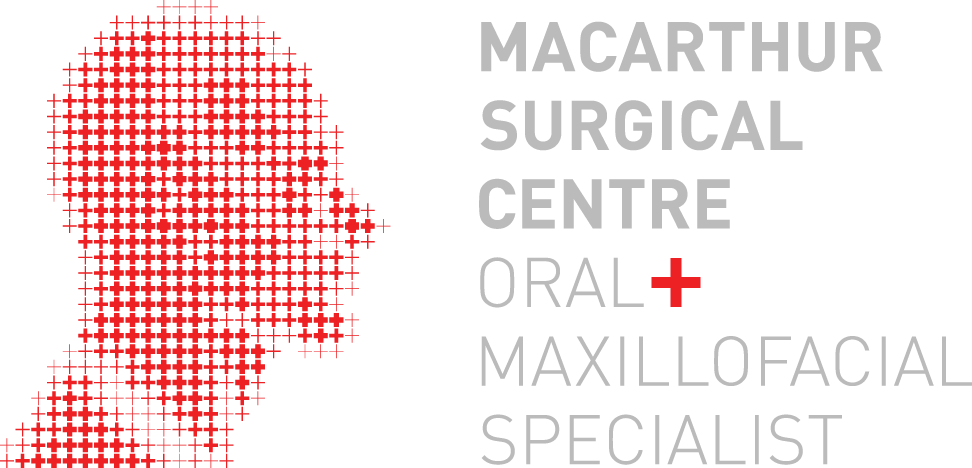Wisdom Teeth Removal
The most common oral surgical procedure is the removal of wisdom teeth.
Around our late teens or early 20s, our wisdom teeth (or third molars) begin to erupt. In many cases however, the jaw is not large enough to accommodate them and they become impacted, remaining either fully or partially under the gum. Impacted teeth can cause several further complications including infection, crowding, damage to adjacent teeth, cysts, and other diseases. It is sometimes sensible to remove problematic wisdom teeth before symptoms or complications arise.
There are normally two wisdom teeth in the upper jaw and two in the lower jaw, but some people have fewer than four or even none at all.
Wisdom teeth can cause various oral health or dental problems, including overcrowding and impaction. Common problems associated with impacted wisdom teeth include gum infections and tooth decay. Impaction is where the wisdom tooth erupts at an angle, which causes it to butt against the next-door tooth (hard impaction) or the gum (soft impaction).
A wisdom tooth that grows on an angle can’t contribute to chewing, which makes it useless and at times painful. It is sometimes recommended that problem wisdom teeth be removed. X-rays taken while the teeth are still erupting can show whether or not they will cause difficulties


